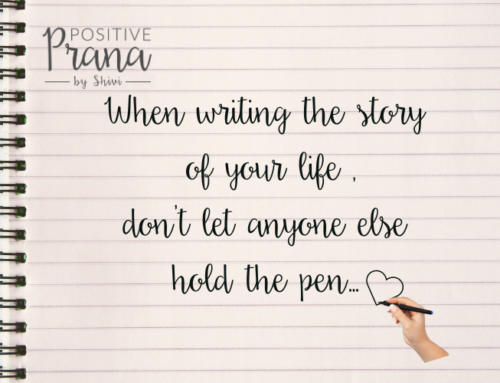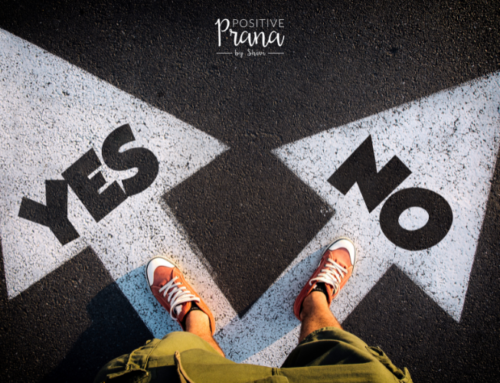Depression is a serious medical condition that is associated with symptoms such as melancholy, loss of pleasure, loss of energy, difficulty in concentrating, and suicidal thoughts.
The umbrella of depression encompasses Major Depressive Disorder and its related mood disorders including bipolar disorder, postpartum depression, post-traumatic stress syndrome, anxiety disorder and suicide.
Did you know that…
Depression in the United States…
- Affects over 18 million adults (one in ten) in any given year.
- Is the leading cause of disability for ages 15-44.
- Is the primary reason why someone dies of suicide about every 12 minutes. – over 41,000 people a year.
- In comparison: homicide claims less than 16,000 lives each year, according to 2013 CDC statistics.
(Available from http://www.cdc.gov/injury/wisqars/index.html.)
Depression Internationally…
- Affects over 300 million people worldwide, regardless of culture, age, gender, religion, race or economic status.9
- Is one of the most debilitating conditions on the world, with severe depression rated in the same disability category as terminal stage cancer.10
- Is the leading cause of disability worldwide, and is a major contributor to the overall global burden of disease.11
(World Health Organization, Media Centre, Depression Fact Sheet, Updated February 2017)
Postpartum Depression…
- Is reported to occur in 15% of women shortly before or any time after childbirth, but commonly begins between a week and a month after delivery.*
- Has a higher risk of developing in women with a previous experience with depression, current depression, anxiety and low partner support.
- Affects not just the mother’s health, but can also interfere with her ability to care for her family, leading to impaired child development.
Depression has been shamed for too long
Stigma and Shame are huge reasons for people not getting mental health help when they need it. Stigma stops people from accessing the help they need,” Jack Turban, M.D., child and adolescent psychiatry fellow at Stanford University School of Medicine
When people say they don’t feel good, can’t cope with work that day, they beat themselves up for feeling low and wanting to take a day off work. It is also harder if you’re trying to do it without enough support. In many ways, therapy has become more normalized, however medication is still quite stigmatized, usually much more so than therapy. It’s such a shame because medication can be so crucial for many people’s mental health. “There’s a sense that you’re ‘cheating’ if you take medication,” Pooja Lakshmin, M.D., clinical assistant professor of psychiatry at George Washington University School of Medicine,. “But I ask my patients, ‘If you broke your leg and your surgeon said, “We need to operate,” would you call that cheating?’” As long as so many people view mental health conditions as somehow more shameful and lesser than physical health conditions, the stigma will remain.
When you have flu and the shivers and muscle aches, would you beat yourself up? Would you take a day off from work? Yes obviously right, so why can’t you take depression as “a mental flu” and treat it accordingly.
Normalise it so you don’t blame yourself or someone else to stop feeling sad and get on with their day. No one chooses to be sad. It is something that happens to you and is a medical illness. You need to get help just like you would for any other illness. While not everyone with some measure of psychological distress during these tough Covid times needs mental health treatment, having open conversations about the nuances of mental well-being is always critical. “When you normalize problems that people are having individually in secret, you lower the threshold for them to be able to talk about them,” Kali Cyrus, M.D., assistant professor of psychiatry at Johns Hopkins Medicine
But what does Normalizing Depression look like in practice?
Talk Openly
It can definitely mean that we talk about our own mental health or difficult emotions really openly and honestly. Maybe you curate your social media posts less and instead make them more realistic, showing when you’re stressed, tired, angry, sad, or any other number of emotions. But you might not be ready to be that open about how you’re doing, and that’s completely okay. (Of course, it is important to try to talk with someone if you’re having a hard time, even a friend, just to make sure you aren’t keeping it all inside.)
Be there for your Friend and Listen to them
Normalizing mental health discussions can also mean that if it seems like your roommate or a friend is really going through it, you say something like, “This pandemic has been such a hard time emotionally, so I just wanted you to know I’m here to talk if you need me.” Then actually follow through and be ready to talk to them, judgment-free, and maybe even solution-free. Without trying to fix their problems- you can sometimes just listen to them – Try this
https://www.self.com/story/what-to-say-friend-with-anxiety
Creating and encouraging the right culture at work, normalizing mental health concerns can also mean that, if you’re a boss or in a position of leadership at your job, you create a culture where vulnerability is acceptable by talking about your own feelings and life stressors. You should also normalize things like going to therapy appointments, even by using that as an example for a completely valid reason to be out of the office for a bit. On that note, taking time off for mental health needs (such as via a mental health day) should not only be the norm but encouraged.
These are just some of the ways we can normalize mental health. We change the culture around it, and it becomes part of our day-to-day life instead of a separate, shameful area of it. There is no abnormal emotional reaction to a pandemic, and what’s more, none of us is immune from having a hard time right now. Your boss might be dealing with it. Your friends might be dealing with it. Your family members might be dealing with it. You might be dealing with it. Even your therapist might be dealing with it.
It is completely normal to struggle with our mental health, to ask for help, and to get treatment when we need it. It’s about time we all say so out loud.










Quisque ligulas ipsum, euismod atras vulputate iltricies etri elit.
Class aptent taciti sociosqu ad litora torquent per connubial rostra.